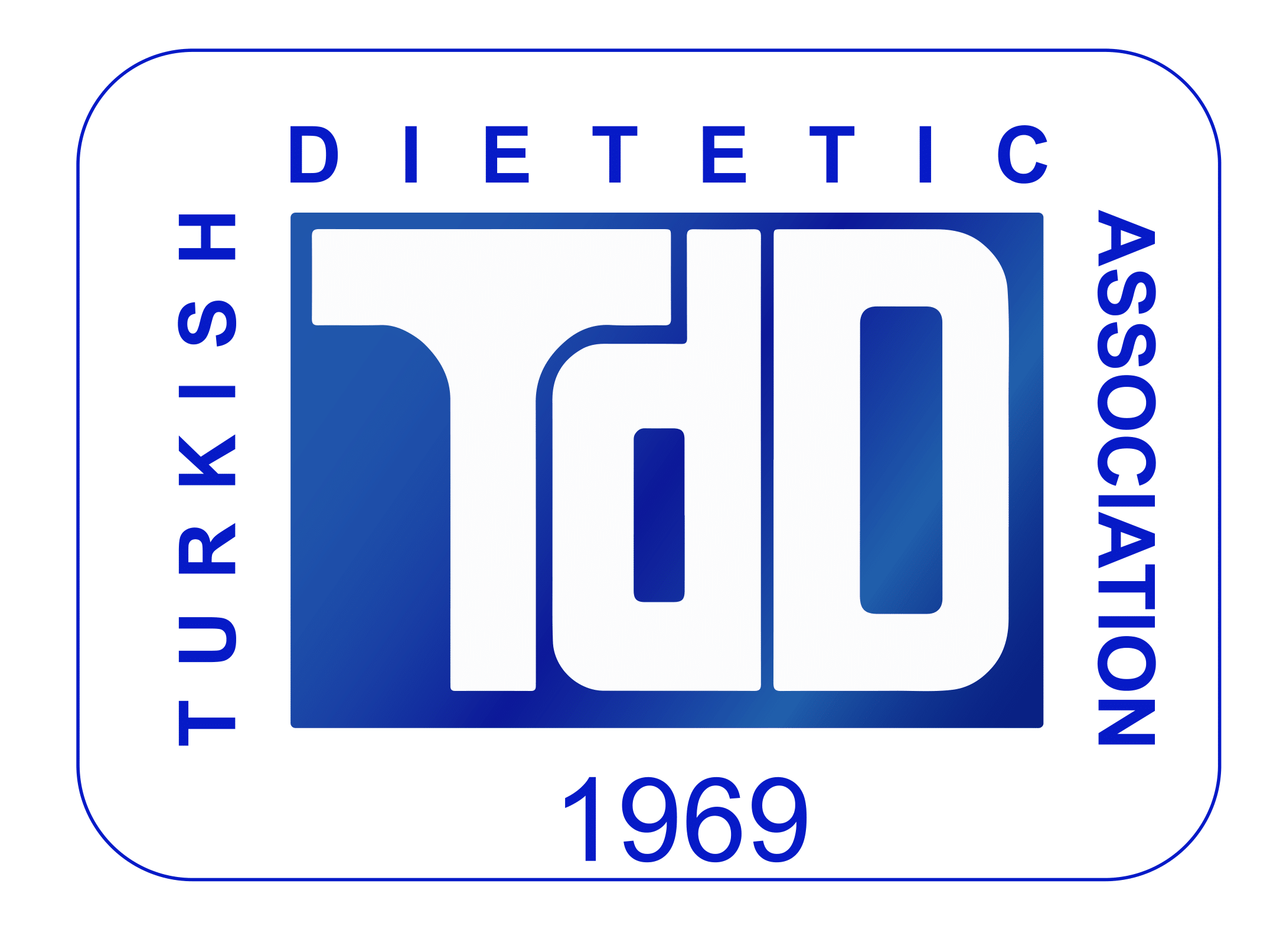Effects of Amino Acid Supplements on Body Composition
Keywords:
Whey protein, muscle mass, strength exercise, protein qualityAbstract
The purpose o f this study is to find out the effects o f whey protein powder on body composition. Voluntary 24 males (13 whey protein; protein group, 11 control) were to do resistance exercise fo r 3 times per week for 10 weeks. Mean age (23.3 ± 3.4 years), body mass mass index (22.09 ±1.8 kg/m2) and p h y sica l a c tiv ity levels (MET-1.7 mLf kg/ min) o f the two groups were found similar. In addition to their daily diet, protein group had used 70 g/ day whey protein fo r 3 days o f exercise, 35 g/ day in the other 4 days. Daily mean protein intake o f the control and protein groups were 66.3 ±15.0 g (1.16 ±0.26 g/ kg body weight) and 118.2 ±27.3 g (2.25 ±0.26 g /kg body weight), respectively. Daily mean energy; protein, protein/ energy ratios o f the control and protein groups were 2388 ± 271 kcal (35.1 kcal/ kg), 2780 ± 451 kcal (42.3 kcal/kg), 66.3 ±15.0 g (1.16 ±0.26 g/ kg) and 118.2 ±27.3 g (2.25 ±0.26 g/ kg) 14.05 ±1.47 and 24.04 ±2.10 respectively. However by the calculation o f protein quality, actual daily protein intakes decreased to 50.1 ±12.2 g/day (0.89 ±0.20 g / kg/ day) in control group, and to 89.4 ±20.8 g (1.70 ±0.19 g/ kg) in protein group, that is below the recommended intake levels ofprotein for athletes. Fat free mass (FFM) increased in both o f the exercising groups. In protein and control groups the increases in the FFM and mid-upper arm area were 2.3 ±3.6 kg and 8.0 ±5.5 cm2, and 0.8±0.9 kg and 0.9 ±2.5 cm2 respectively. Statistically significant difference was found between the differences o f the initial and the final values in the both groups in fa t free mass and mid-upper arm areas. Correlations were found between the protein intake and mid-upper arm in both area (r= 0.620) and circumference (r=0.616) (p<0.001). When a supplementation is needed fo r an athlete, the protein quality, actual protein intake, protein/ energy ratio o f the food consumed, must be taken into account and isolated whey protein without fa t and cholesterol or without any doping agents could be recommended.

